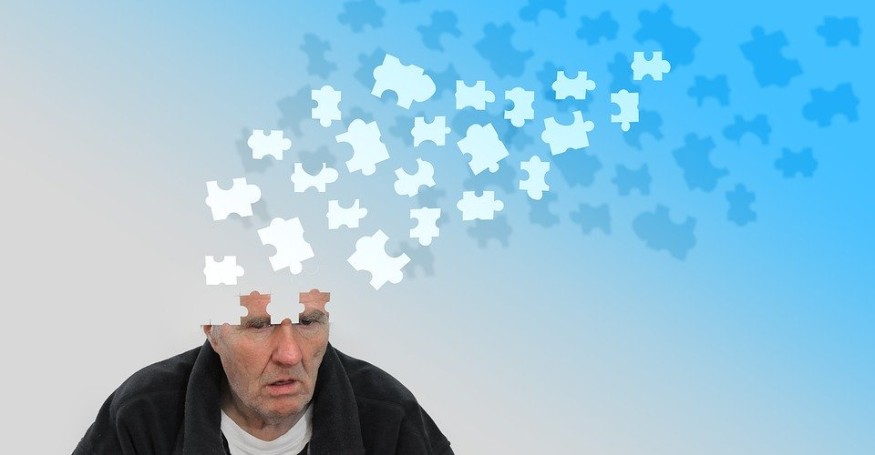
According to the University of Eastern Finland, the use of antipsychotics is associated with increased risks of head and brain injuries among persons with Alzheimer's disease. The risk increase was highest at the initiation of antipsychotic use, which was published in the Journal of the American Geriatrics Society (JAGS).
Participants who were diagnosed with Alzheimer's disease from 2005 to 2011 included 21,795 patients who started taking antipsychotic medications and 21,795 patients who did not. Intake of antipsychotic medications was linked with a 29% higher risk of head injuries -- the "event rate" was 1.65 vs. 1.26 per 100 person-years in users vs. non-users.
Antipsychotic use is associated with the risk of falls among older persons, but the association of antipsychotic use and the risk of head injuries among community dwellers with Alzheimer's disease is still unclear.
There would be an average of 1.65 versus 1.26 injuries among 100 people over one year which translates to 165 versus 126 injuries per 10,000 people.
The team of researchers identified incident antipsychotic users who were then matched with nonusers by age, sex, and time since AD diagnosis. Individuals with previous head injury or a history of schizophrenia were not included.
According to researcher Vesa Tapiainen from the University of Eastern Finland, "As adverse effects, antipsychotics may cause sedation, orthostatic hypotension, and arrhythmias which all may lead to falls. She added that among older persons, falls are the most common reason for traumatic brain injuries.
Antipsychotic medication is commonly used to treat neuropsychiatric symptoms of Alzheimer's disease. Clinical care guidelines indicate that treating the cause of these symptoms, such as pain, is the first-line option and secondly, non-pharmacological treatments should be prioritized.
Resorting to antipsychotics should be restricted to most severe symptoms (such as severe aggression, agitation or psychosis). Being mindful of the benefits and risks of adverse effects and events could lower the incidence of head injuries and traumatic brain injuries.
The findings revealed that antipsychotic use was associated with 54% higher odds of falls among older individuals, Tapiainen and colleagues noted. Patients with AD other forms of cognitive disorders have been found to experience rates of injurious falls, such as hip fractures, while on antipsychotics.
Among antipsychotic medications, quetiapine users had a 60% higher risk of traumatic brain injuries compared with risperidone users. This should be confirmed in further studies.
According to lead author Vesa Tapiainen, MD, of the University of Eastern Finland, people diagnosed with AD have a greater risk of falling, head injuries, and traumatic brain injuries and worse prognosis after these events in comparison to those without Alzheimer's disease.
Adding to the reported adverse events and effects, antipsychotic use may increase the risk of head injuries, so their use should be restricted to most severe neuropsychiatric symptoms, as recommended by the AGS Beers Criteria.
The team said they are not aware of previous studies assessing the association of antipsychotic use with the risk of head injuries and traumatic brain injuries (TBIs).
Ten million persons worldwide are affected by TBI every year.
Medicine use was extracted from the Finnish Prescription Register while chronic diseases, use of other medications and socioeconomic position were taken into account.
© 2025 NatureWorldNews.com All rights reserved. Do not reproduce without permission.





